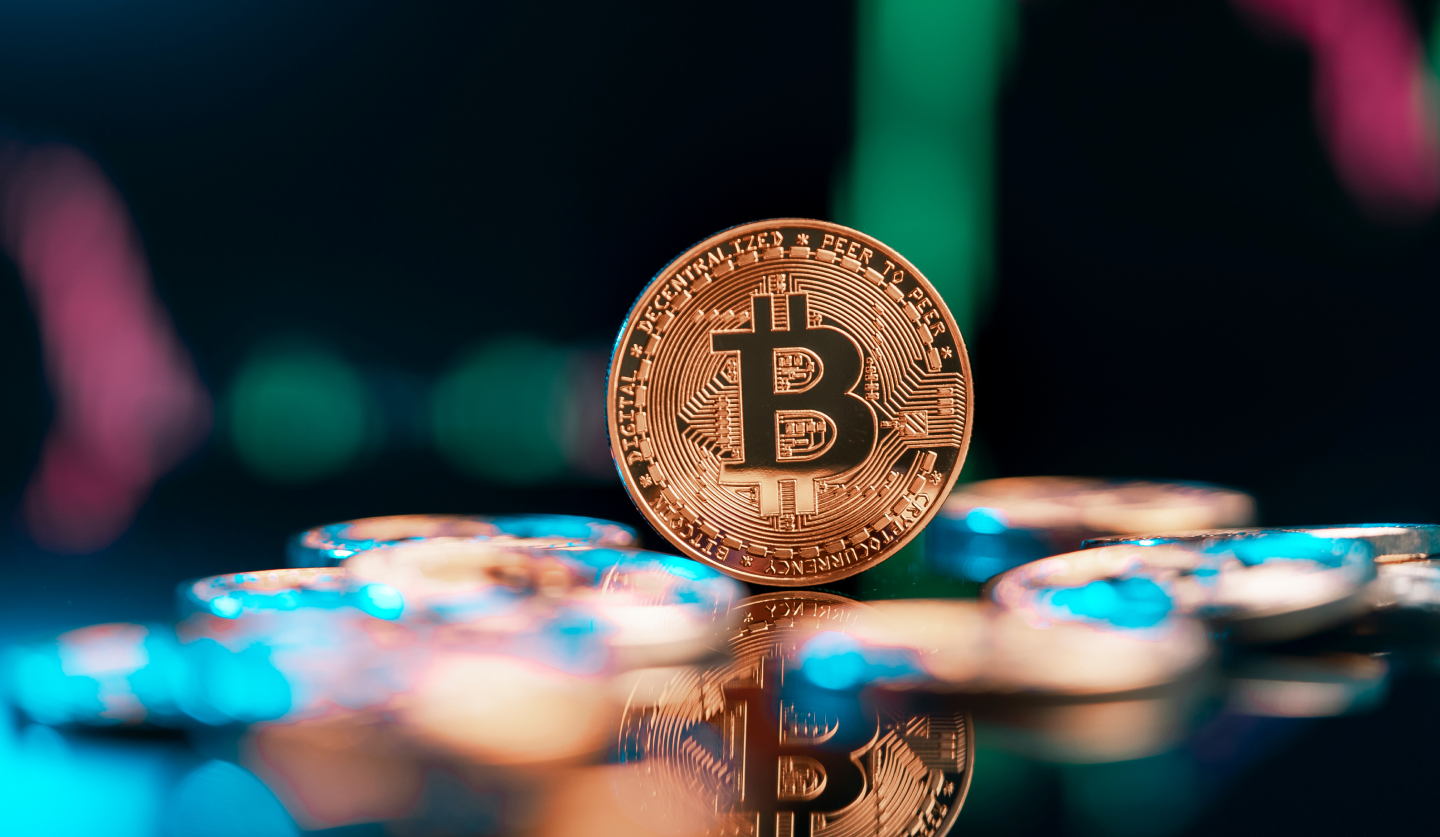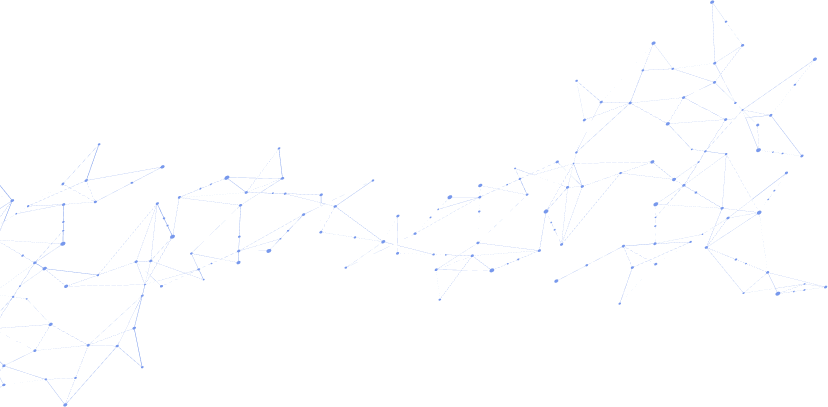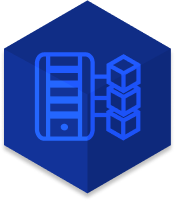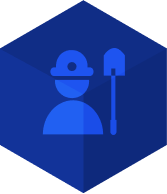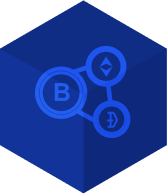Mining is a fundamental process in the world of cryptocurrencies. It involves the validation of transactions, securing the network, and creating new digital coins. Let’s explore the concept of mining and how it works.
In the context of cryptocurrencies like Bitcoin and Ethereum, mining serves two primary purposes: transaction validation and coin creation. Miners use powerful computers to solve complex mathematical problems, ensuring the accuracy and security of transactions within the blockchain network.
The core technology behind mining is the consensus mechanism, which is responsible for maintaining the integrity of the blockchain. The two most commonly used consensus mechanisms are Proof of Work (PoW) and Proof of Stake (PoS).
Proof of Work (PoW) is the original and widely adopted mining mechanism, used by Bitcoin and several other cryptocurrencies. Miners compete to solve cryptographic puzzles, requiring substantial computational power. The first miner to solve the puzzle adds a new block of transactions to the blockchain and is rewarded with newly minted coins and transaction fees.
Proof of Stake (PoS) is an alternative consensus mechanism that aims to address the energy consumption and scalability concerns of PoW. In PoS, participants lock a certain amount of their cryptocurrency holdings as a stake in the network. Validators are chosen to create new blocks and validate transactions based on the amount of stake they hold. Validators are rewarded with transaction fees, and the probability of being chosen as a validator is proportional to their stake.

